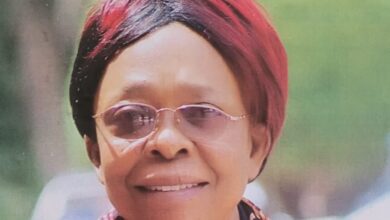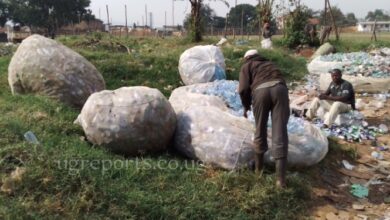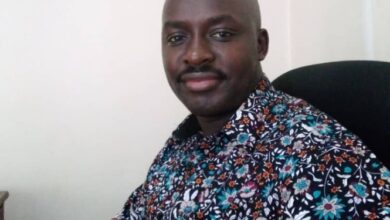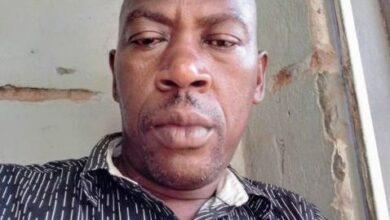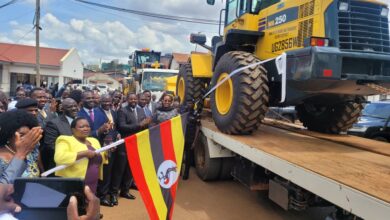Water scarcity: a heavy burden on women and girls’ access to clean water
To address the heavy burden of water scarcity on women and girls, concerted efforts are needed at local, national, and global levels.
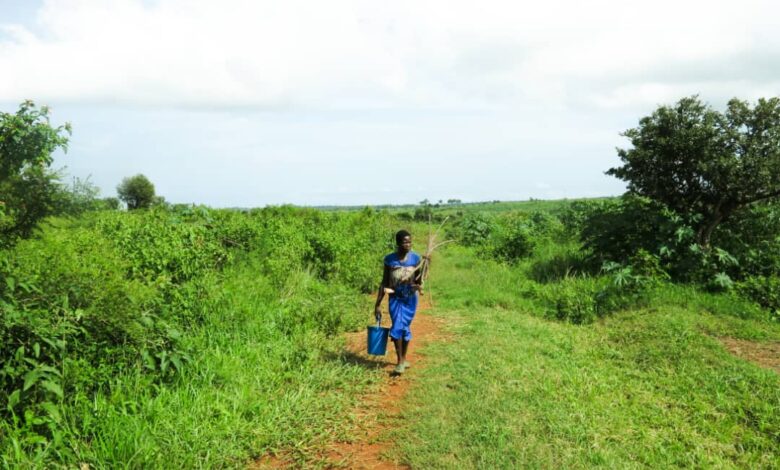
Op-Ed: Water is essential for life, yet millions around the country face the daily struggle of accessing clean and reliable water sources. In this battle for survival, it is often women and girls who bear the heaviest burden.
In regions overwhelmed by water scarcity, such as Karamoja, Katakwi, Kotido, Amudati, and Isingiro, women and girls are primarily responsible for household chores, including fetching water for drinking, cooking, and cleaning, where they may have to travel long distances to collect water from unprotected sources such as swamps, rivers, or wells, risking their safety and well-being in the process.
Moreover, the time spent fetching water detracts from other activities such as education and income-generating work.
In the Bidi Bidi refugee settlement, located within Uganda’s Yumbe district, journalist Adam Gule reports on the significant challenges faced by its residents in accessing clean water for their daily needs.
Betty, a 25-year-old mother of two residing in village 3 of the settlement, describes the difficult task of waking up as early as 4:00 am each day to fetch water, emphasizing the struggles endured by the community.
This hardship is compounded by the reliance on contaminated water sources, which exposes residents to unbearable illnesses such as cholera, typhoid, and diarrhea, extremely affecting vulnerable groups like children and the elderly.
Moreover, the lack of access to clean water not only endangers physical health but also exposes women and girls to heightened risks of gender-based violence during their water collection journeys, which often leave them vulnerable to harassment, assault, or kidnapping, particularly in areas with inadequate infrastructure and security measures.
Alfred Okidi, the Permanent Secretary of the Ministry of Water and Environment, further highlights the gravity of the situation, noting that 14,000 villages across Uganda lack access to clean and reliable water sources, worsening the challenges faced by communities already grappling with water scarcity.
Communities struggling to obtain safe water sources are unable to maintain good health, attend school regularly, or engage in productive activities, thus limiting their opportunities for social and economic advancement.
To address the heavy burden of water scarcity on women and girls, concerted efforts are needed at local, national, and global levels.
This includes investing in infrastructure to ensure access to clean water and sanitation facilities, particularly in rural and underserved communities.
Empowering women and girls through education and economic opportunities can also help improve the impacts of water scarcity by enabling them to advocate for their rights and participate in decision-making processes related to water resource management.
The stories of women and girls like Betty highlight the urgent need for vital solutions to address water scarcity and ensure access to clean water for all. There is a need to prioritize investment in water infrastructure, particularly in rural and under served communities, to improve access to clean and reliable water sources.
Additionally, education and awareness programs are crucial to promoting hygiene practices and water conservation, empowering communities to safeguard their water resources. Furthermore, addressing gender-based violence is vital to ensure the safety of women and girls during water collection activities.
This requires implementing policies and programs that promote gender equality, provide support services for survivors of violence, and improve access to justice.
By partnering with governments and advocating for increased funding, we can work towards a future where clean water is accessible to all, ensuring the health, dignity, and well-being of women, girls, and communities worldwide.
The author is Ms. Caroline Kinkuhaire, Advocacy Officer at Citizens Concern Africa.
Disclaimer: As UG Reports Media LTD, we welcome any opinion from anyone if it’s constructive for the development of Uganda. All the expressions and opinions in this write-up are not those of UG Reports Media Ltd. but of the author of the article.
Would you like to share your opinion with us? Please send it to this email: theugreports@gmail.com.

